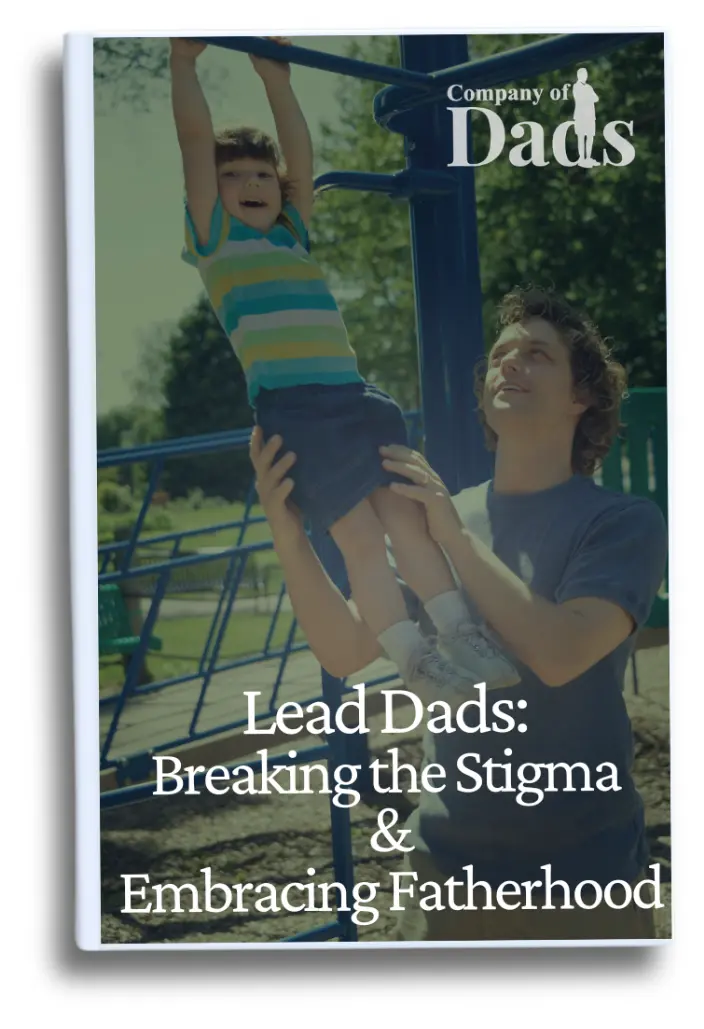Fathers Are in a Friendship Crisis.
Here are 3 Tips to End It
Are we fathers in a friendship crisis? After speaking with Bruce Feiler, I think we are – and it’s going unattended.
Feiler is a big thinker and great writer. He’s written books on Moses, Abraham and God. But he’s best known today for his writing on more accessible topics, like fatherhood, family and life transitions. One of my favorites is The Council of Dads, a book he conceived and wrote after being diagnosed with a cancerous tumor in his leg. His twin girls were only 3 at the time and he wanted to find men to be stand-in dads if he wasn’t around for them.
His daughters “wouldn’t have my voice,” he said. “Three days after the diagnosis, I had this idea. I was going to reach out to men and create this group. The rules were it was only men, not family since they were already going to be there, and each Dad to have a different value.”
That exercise in identifying those men – including a childhood friend from Savannah, GA, his college roommate, a favorite camp counselor – allowed him to reconnect with some friends that he didn’t see as often as he once did.
Today when he thinks about fathers and friendship he’s worried.
“We have our family. We have our work. What we don’t have time for is friendship,” he told me. “I actually think we’re in a crisis of friendship.”
The pandemic, not surprisingly, made things worse. “The divide that separates work and family is more porous,” he said.
For solutions, I thought of his book The Secrets of Happy Families, which laid out what makes families high functioning. There are three things they all do.
1) They adapt to changing situations.
2) They talk a lot with each other.
3) They go out and play.
How do these apply to fathers and friends? I thought about that this week when I went down to Philadelphia for work. I stayed overnight with a good friend from high school. We’ve done the three things Feiler suggested over the 35 years of our friendship.
1) We’ve adapted to not living near each, and plan out two to three times a year when we get together.
2) We’ve worked to remain in touch. Zoom has been great. Texting, too. But really long drives when we could call each other have been key.
3) We stayed out way too late this week on my visit, but it was worth to catchup – even if we felt every year of our age the next morning.
One other positive Feiler points out for fathers in general: the pandemic is a “life quake” and that means we have the freedom to make big changes.
“Every generation has said I want more meaning out of my life and my work,” he said. “We’re moving from a means-based economy to a meaning-based economy. The worker fundamentally has the ability to write his own story.”
I hope reconnecting with friends is part of that rewriting.









